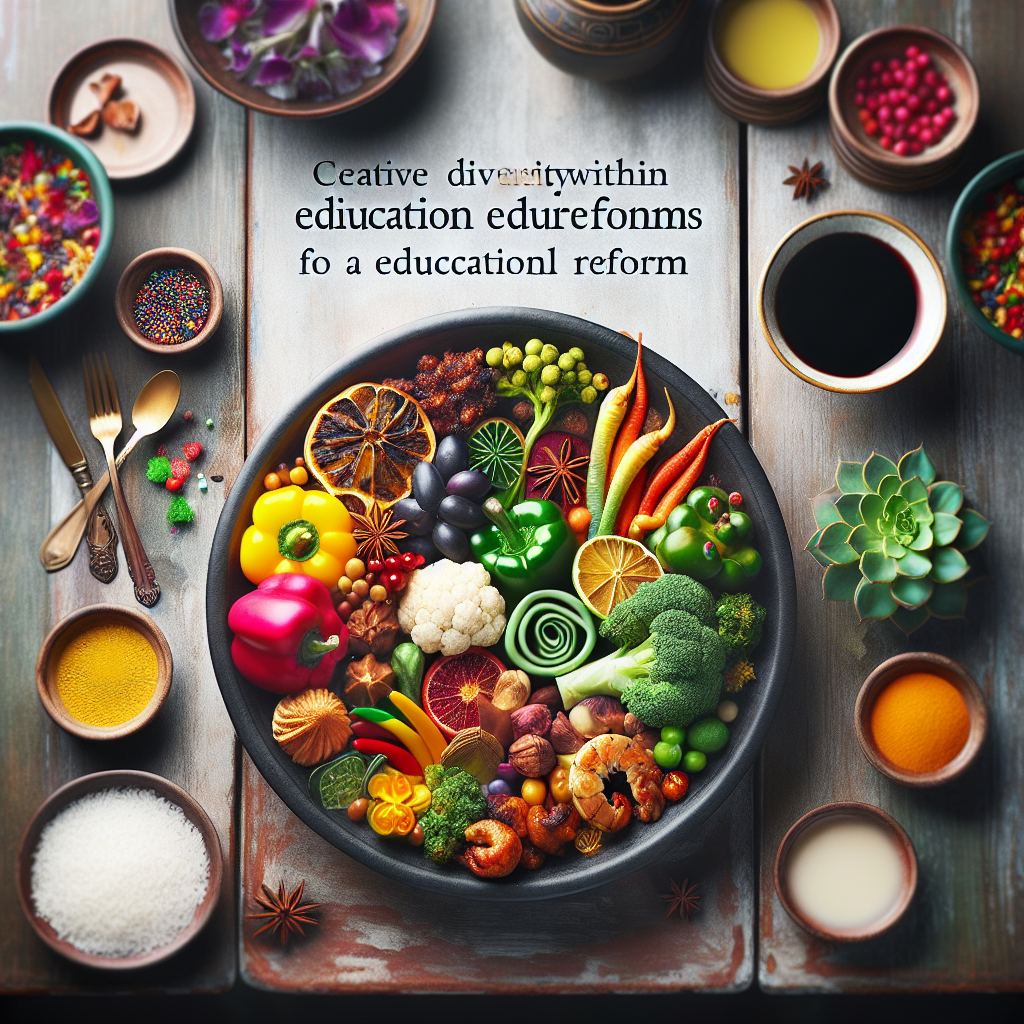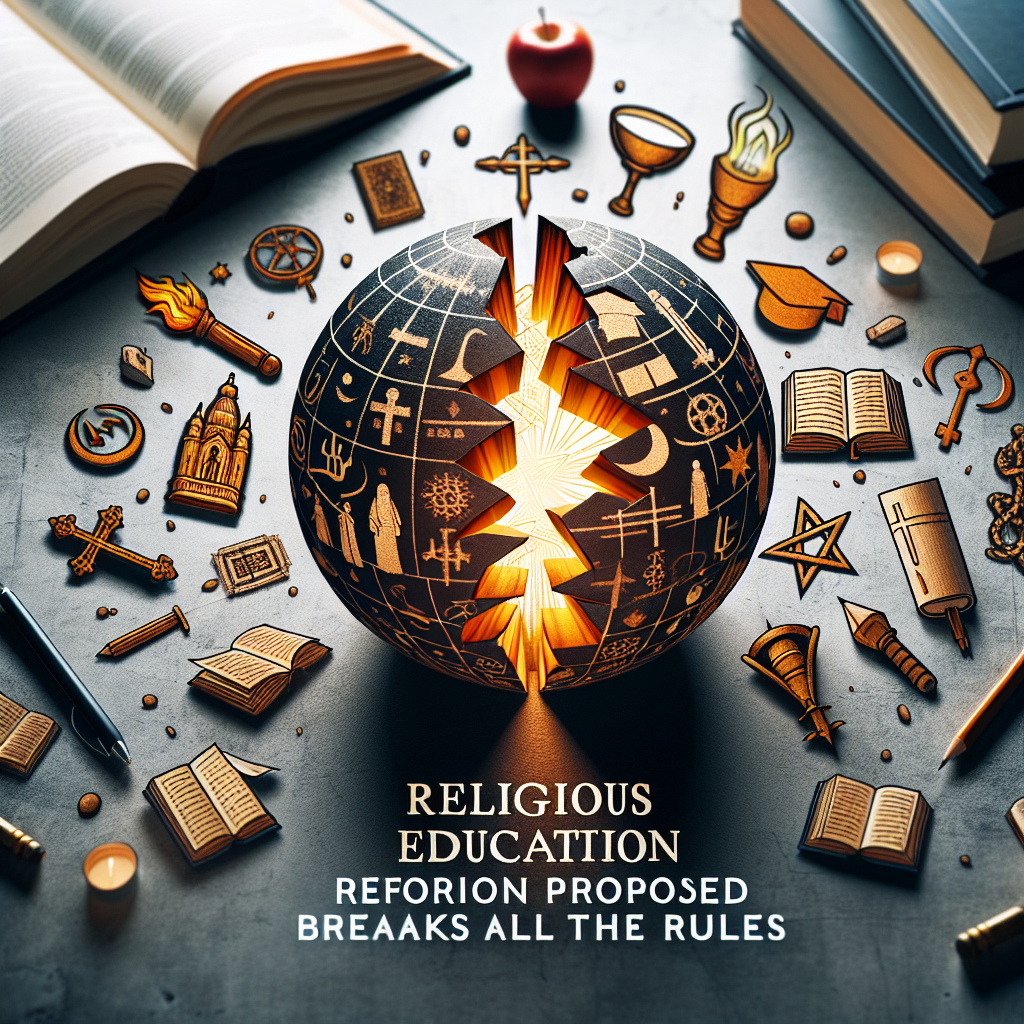If gastronomy is an art form that tells stories of nations and their cultural heritage, then religious education equates to a symphony. A symphony that could either resonate harmoniously with societal values or strike dissonant chords.
In this light, the newly proposed religious education reform steps onto the world stage. It’s not simply breaking all rules; it’s cooking up a whole new recipe.
Musical Movement
The reform rhythmically opens discussions surrounding faith akin to how a maestro guides his orchestra towards creating magic out of silence. Inspired by multiple voices worldwide, proposing innovative methods that are refreshingly thought-provoking like savoring an exquisite dish for the first time.

Artistic Innovation
All cuisines have staple ingredients – similar to traditional teaching practices in Religious Education (RE). The current proposal creates waves by incorporating contemporary methods akin to avant-garde chefs who dare alter classic recipes in pursuit of something extraordinary.
Industry Changes
This initiative causes stirrings within both educational fraternity and global population, much as when molecular gastronomy disrupted traditional culinary norms. The plan presents educators with an opportunity to weave refreshing narratives around religion emphasizing respect towards diverse beliefs – culminating into supper filled with myriad flavors from different cultures. Cultural Impact This ripple effect goes far beyond mere curriculum changes; it’s a holistic approach aiming to enrich society like healthy food nourishing the body. Artist Perspectives Educators are akin to seasoned chefs who can maintain their distinct styles while adapting with time. This reform allowing them to produce ‘masterpieces’ that stimulate intellectual palates of students.
Fan Response
The news has sizzled internationally as diverse opinions pour in, paralleling the excitement when an innovative new restaurant opens its doors.
Technical Evolution
Innovative teaching techniques being introduced resemble how culinary technology revolutionized cooking methods – traditional roasting and frying evolving into sous-vide and foam creations. Future Directions With careful planning and consistent follow-through, this reform holds potential of turning RE into something more palatable for the younger generations – like transforming conventional foods into vegan options for a changing demographic. Cultural Significance
This reform ushers a spiced-up religious literacy which could enhance understanding amongst different cultures; much as knowledge of regional cuisines fostering appreciation amidst diversity.

Musical Legacy
If successful, it will echo harmoniously through future generations – comparable to a timeless song or recipe passed on from one generation to another.

